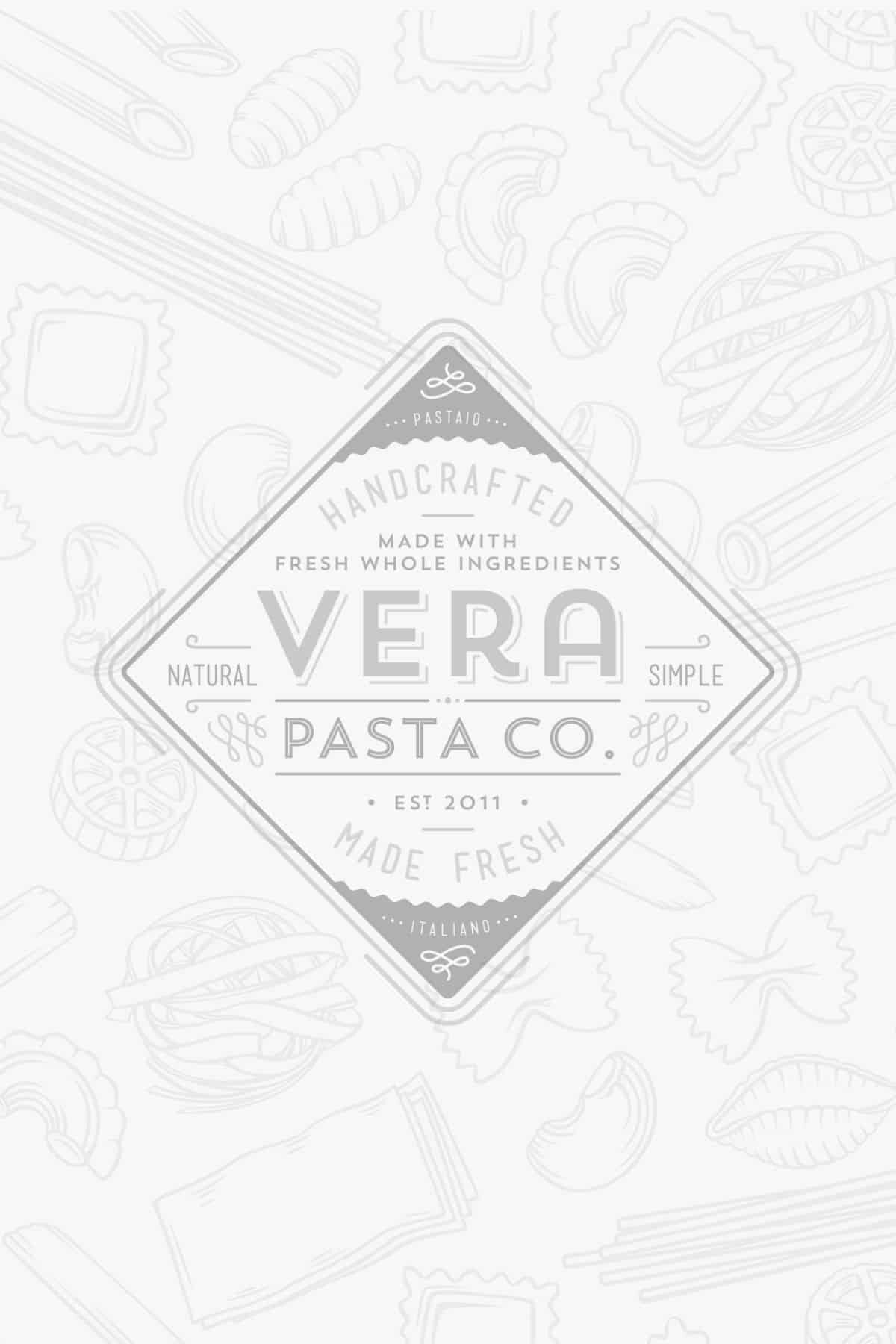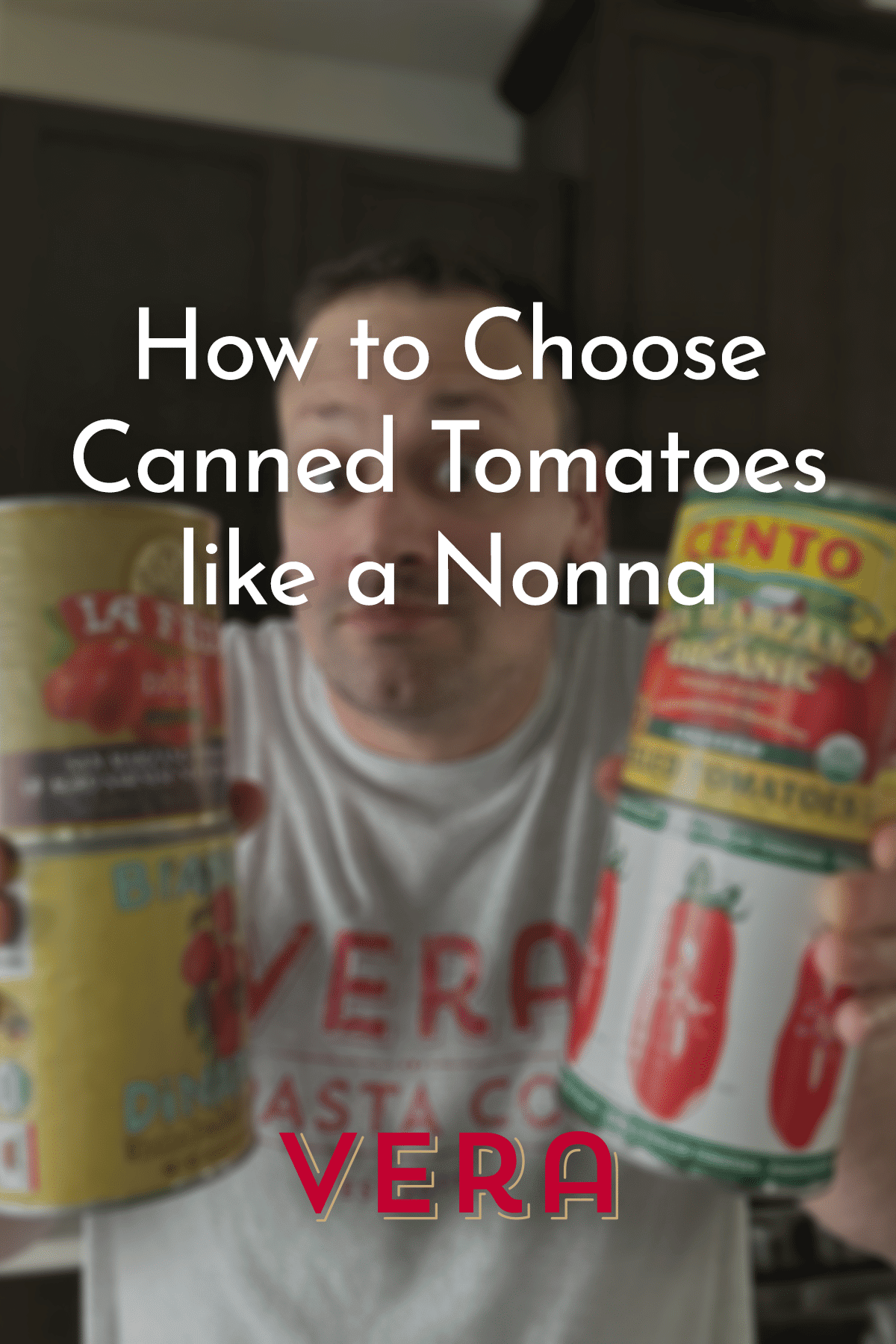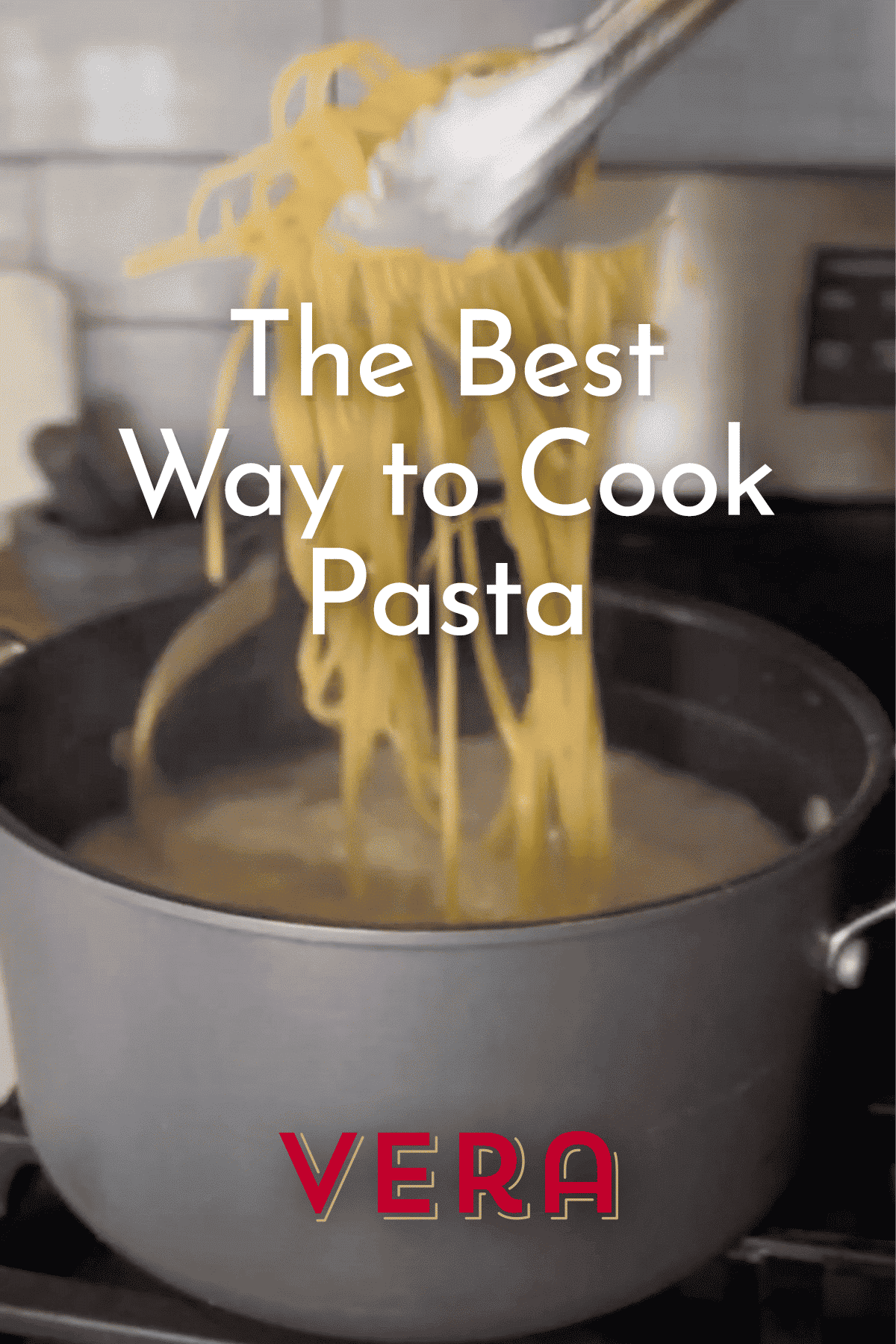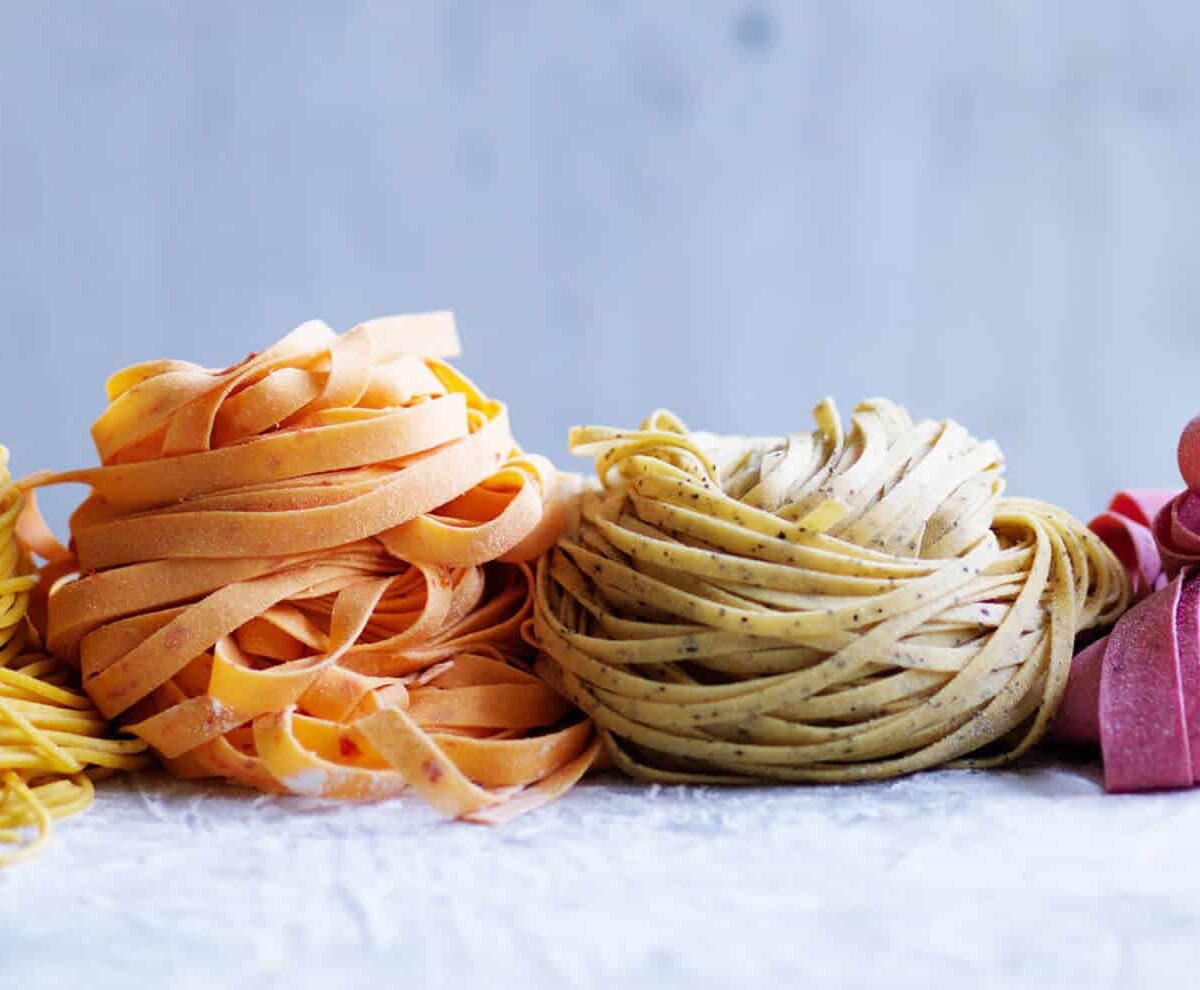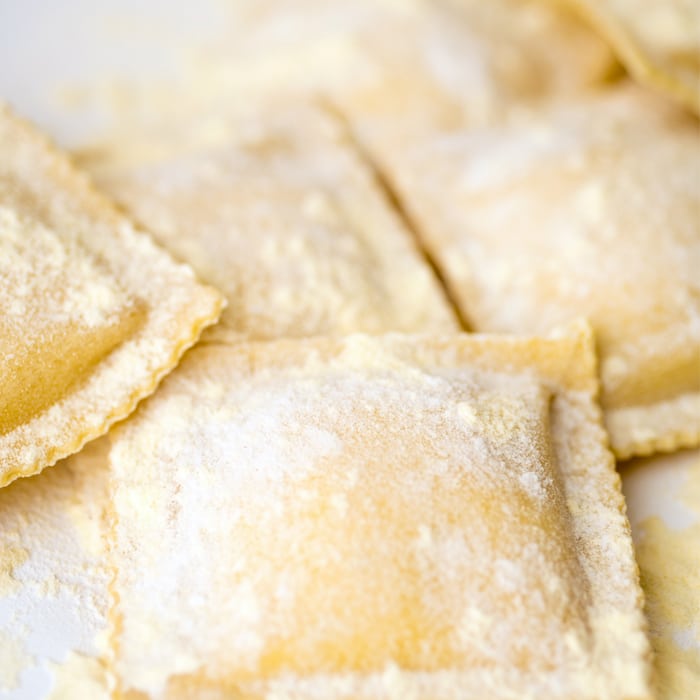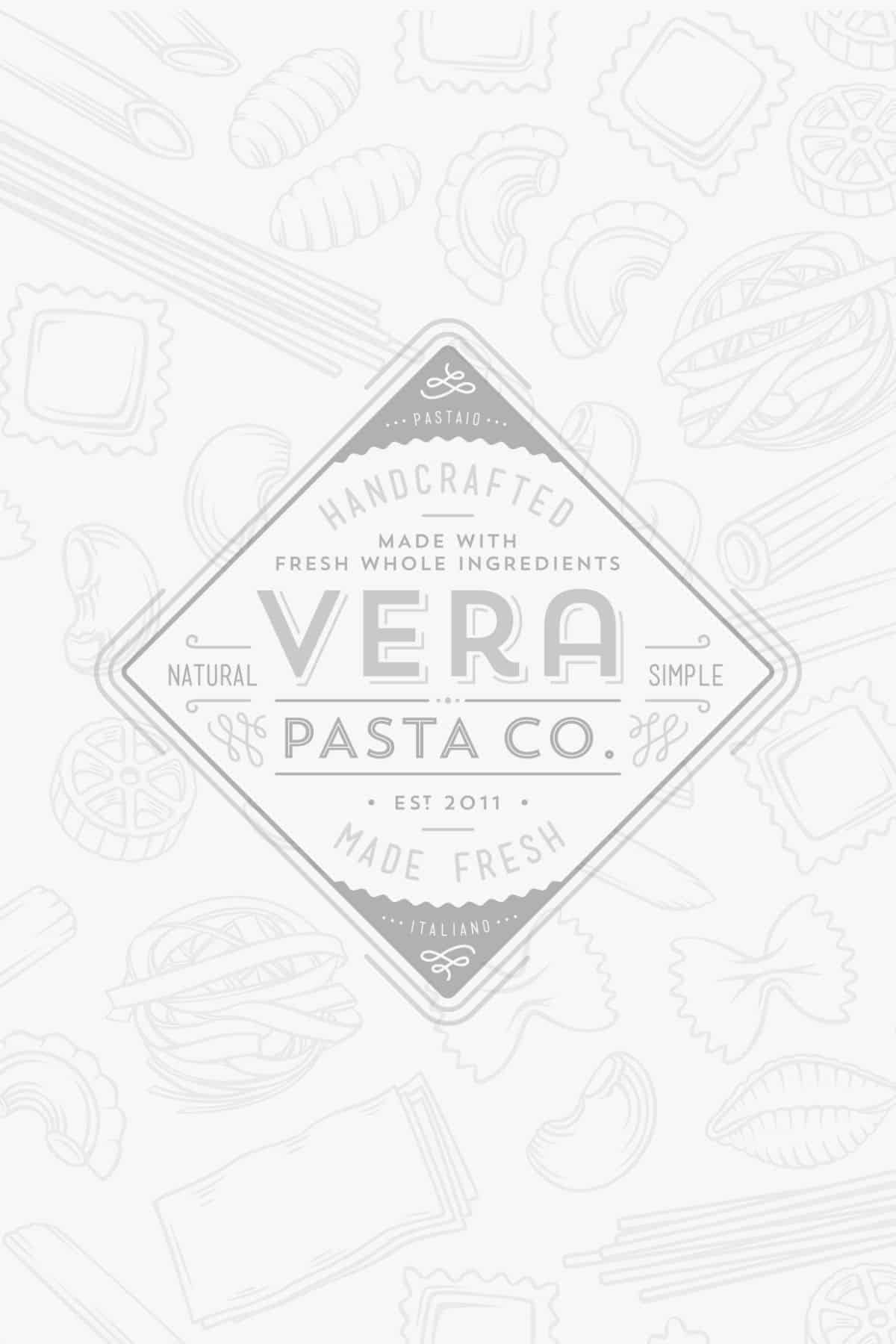
Al Dente Pasta: What It Is, How To Cook It and Why It May Even Be Good For Your Health
September 4, 2012- The amount of water you boil depends on the pasta – A common question is “how much water do I need to boil my pasta?” Well, that depends on the type of pasta you’re cooking. Dry pasta does not need as much water or room to cook than fresh pasta. Fresh pasta needs a lot of room to move and twirl, in order to fully cook through; so remember to adjust your water quantity depending on the type of pasta you’re cooking.
- Never run pasta under water to cool it off – When you do this, you are not only washing away the flavor, but you’re also washing off the starch. Starch is a very important element of pasta because it’s what helps the sauce ‘cling’ to the pasta.
- Keep your pasta water… even after the pasta is finished cooking – starchy pasta water is the key to making any pasta sauce marry together with the pasta. Reserve a cup of pasta water for when you are ready to add sauce to the pasta. This helps make any kind of sauce creamy, and ‘cling’ to every strand of pasta.
- Seasoning the pasta starts in the water – Salting the water you cook the pasta in is the first and only chance to flavor the actual pasta product. When the water comes to a boil, pour enough salt into the water until it has a similar taste to ocean water. By the time the pasta is cooked, it should be flavorful and ready, without the need to re-season after.
4.5 Don’t add oil to the water – contrary to belief, it does NOT keep the pasta from sticking.
